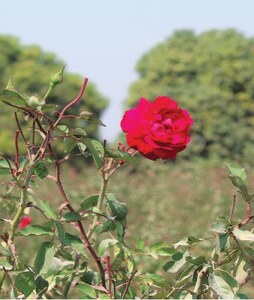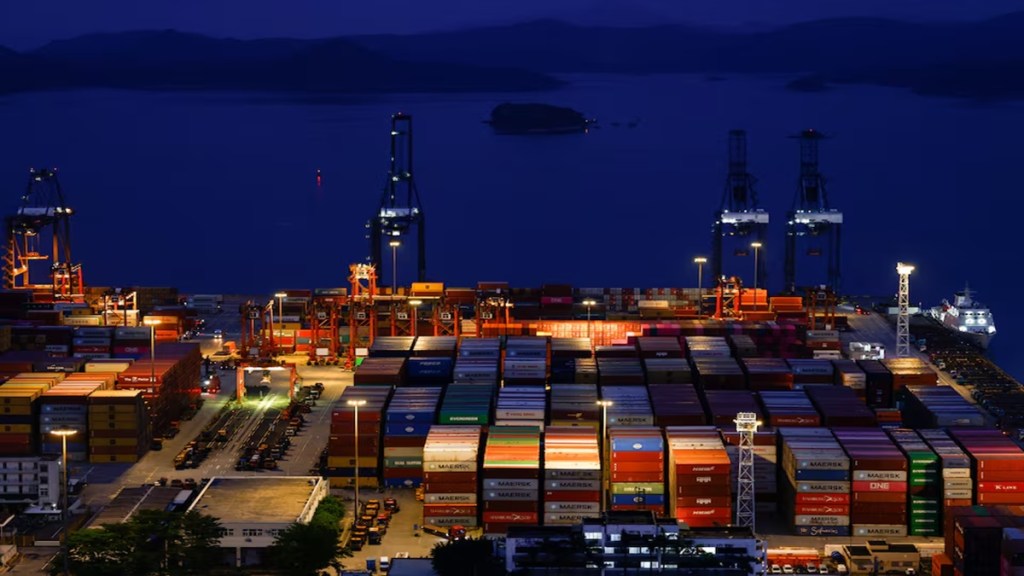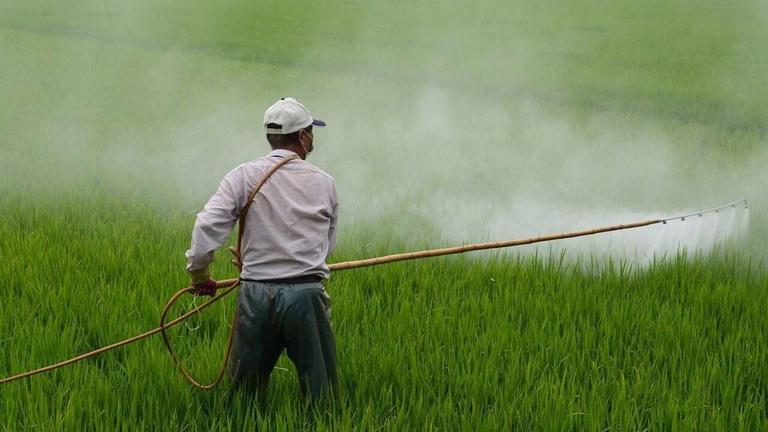Tags
Rose, not rice

THIS is with reference to the article “Pakistan’s rice-water dilemma” (B&F, May 13) according to which, Pakistan’s rice plantation has increased from 2.57 million hectares to 2.62 million hectares, a growth of 40 per cent, in the last 12 years. In the meantime, water per person availability has gone below 1,000 metre cube. In 1947, it was around 5,000 metre cube per person per year.
The wheat farmers these days may be thinking of switching over to rice or sugarcane owing to the current wheat price issue. Both rice and sugarcane are water-guzzlers compared to wheat. There used to be a ban on rice cultivation in upper Sindh area, and wheat and cotton fields were a common sight.
Wheat has completely vanished today and one can only see sugarcane and rice from Rohri to Ubaro, which is the last town on Sindh-Punjab border. Due to this practice, the impact on water table has been appreciable and the quality of water has depleted. While the Rice Exporters Association of Pakistan is optimistic based on six months’ exports of five million tonnes, amounting to $3 billion. But in reality we are exporting our virtual water. Experts can suggest other crops using our depleting water resources, frugally.
Though I am no expert, I think we have a lot of potential for flowers. We can grow our local roses, and, instead of exporting petals, we must add value and export their fragrances. Damask roses, which originated in Damascus, are exported by Turkiye and Bulgaria, and they earn billions of dollars.
Damask rose fragrance forms the main ingredient in perfumes. A small country like Kenya exports cut roses and earns close to a billion dollars. The Netherlands earns in excess of $10 billion. The world market is worth $20 billion. We should switch from rice to rose in the affected areas.
S. Nayyar Iqbal Raza
Karachi
Published Date: May 25, 2024






